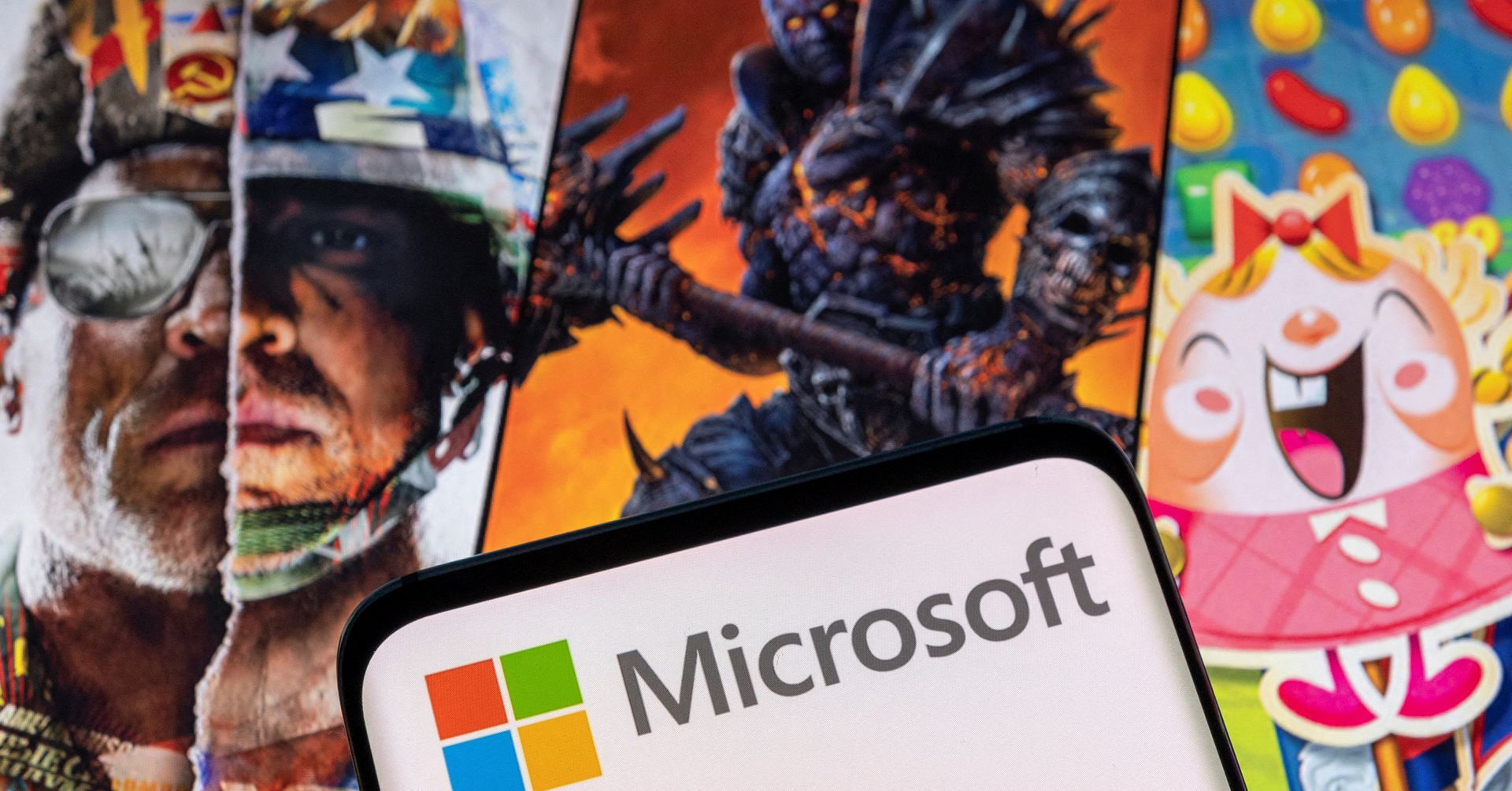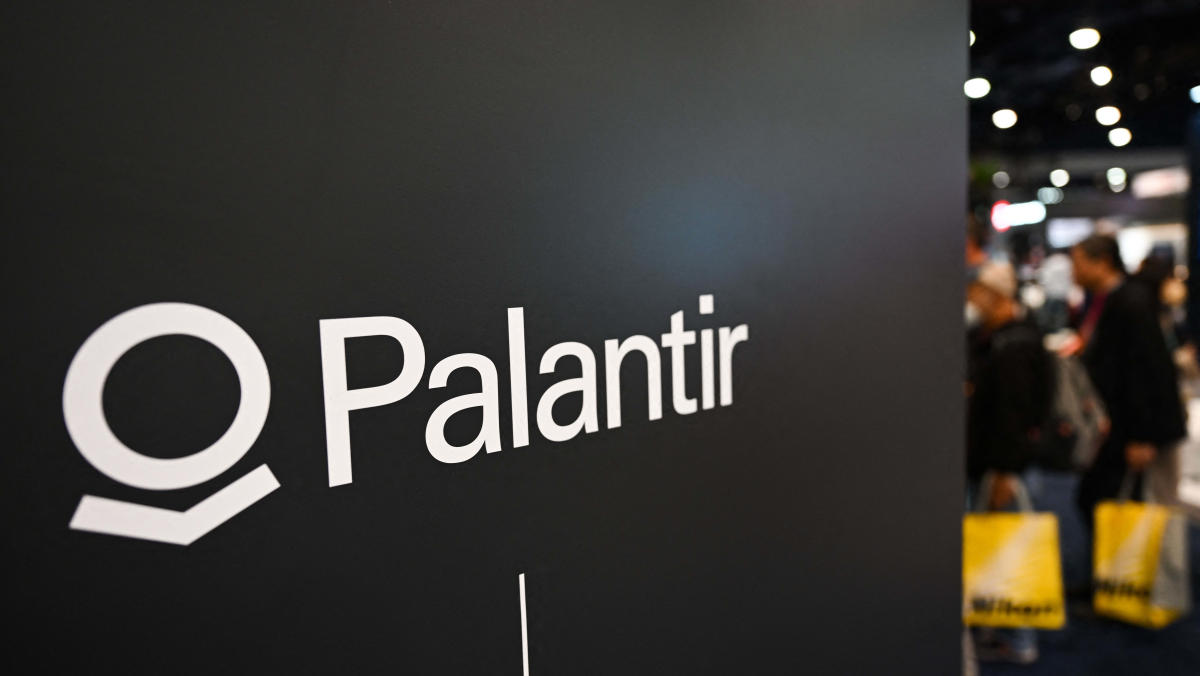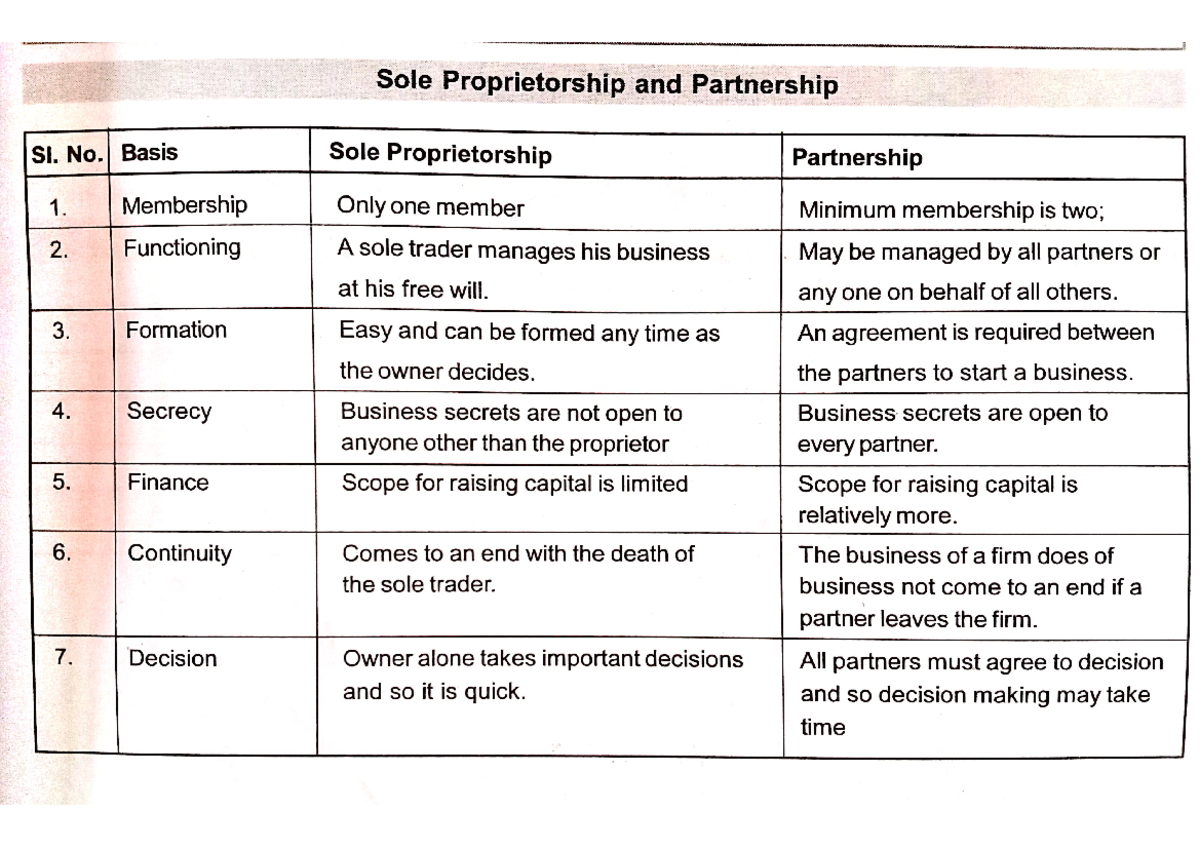FTC's Appeal Of Microsoft-Activision Merger: A Deep Dive

Table of Contents
The FTC's Case Against the Merger
The FTC's antitrust lawsuit centers on the claim that the Microsoft-Activision merger would create a monopoly, leading to substantial competitive harm within the gaming industry. Their key arguments revolve around several points:
-
Antitrust Concerns and Market Dominance: The FTC argues that the combined entity would give Microsoft an unfair competitive advantage, particularly in the console gaming market. They believe this dominance would stifle competition and innovation.
-
Call of Duty Exclusivity: A core concern is the potential for Microsoft to make Call of Duty exclusive to its Xbox ecosystem. This, the FTC argues, would significantly harm competitors like Sony PlayStation, which relies on Call of Duty's popularity to maintain market share. The loss of such a key franchise could severely impact PlayStation's competitiveness.
-
Stifling Innovation and Reducing Consumer Choice: The FTC alleges that the merger would ultimately limit innovation and reduce consumer choice. By controlling a large portion of the market, Microsoft could dictate pricing, features, and the overall direction of the gaming industry, potentially harming consumers.
-
Microsoft's Acquisition History: The FTC highlights Microsoft's history of acquiring and integrating gaming studios, arguing this demonstrates a pattern of consolidating power within the market. This history, they contend, strengthens their case that the Activision Blizzard acquisition is another step towards creating a gaming monopoly.
-
Substantial Harm to Competition: The FTC presents considerable evidence aiming to show the substantial harm to competition that the merger would bring, painting a picture of a significantly less competitive market.
Microsoft's Defense and Counterarguments
Microsoft vigorously defends the merger, arguing it will benefit consumers and increase competition, particularly in the burgeoning cloud gaming market. Their counterarguments include:
-
Consumer Benefits Through Xbox Game Pass: Microsoft argues that the merger will benefit consumers through expanded access to games via Xbox Game Pass, offering a broader library of titles at a competitive price. This, they contend, enhances consumer choice and value.
-
A Dynamic and Competitive Landscape: They maintain that the gaming market is dynamic and competitive, with numerous players beyond just Microsoft and Sony. The presence of other significant players, they argue, mitigates the risk of monopolistic practices.
-
Concessions and Remedies: Microsoft has offered concessions, including long-term agreements to keep Call of Duty available on PlayStation. These remedies are intended to address the FTC's concerns about exclusivity and maintain a level playing field.
-
Cloud Gaming Innovation: Microsoft emphasizes the growth of cloud gaming and argues the merger will accelerate this innovation, ultimately benefiting consumers with more accessible gaming experiences.
-
Refuting Anti-Competitive Behavior: Microsoft strongly refutes the FTC's claims of anti-competitive behavior and market dominance, asserting the merger will foster innovation and competition rather than stifle it.
The Role of Call of Duty in the Dispute
Call of Duty sits at the heart of this dispute. It's a massive franchise, representing a significant portion of the gaming market and a crucial piece of the argument from both sides.
-
Key Franchise and Market Share: Call of Duty's immense market share makes it a central point of contention. Its popularity and profitability are key factors in the FTC's concerns about potential exclusivity.
-
Exclusivity Concerns: The FTC's primary worry revolves around Microsoft potentially making Call of Duty exclusive to its platforms, thereby harming competitors and reducing consumer choice.
-
Microsoft's Commitment to Multiplatform Availability: Microsoft maintains its commitment to keeping Call of Duty multiplatform, offering long-term contracts as evidence.
-
Competitive Impact Analysis: A thorough analysis of Call of Duty's market share and competitive impact is absolutely crucial to the outcome of the case, shaping legal opinions and public perception.
Potential Implications and Outcomes of the Appeal
The appeal's outcome will have far-reaching consequences, setting a significant precedent for future mergers and acquisitions in the tech and gaming industries:
-
Antitrust Precedent: The decision will establish a precedent for future merger evaluations, particularly in highly concentrated markets.
-
Increased Regulatory Scrutiny: A ruling against Microsoft could significantly increase regulatory scrutiny of future deals, potentially slowing down market consolidation across various tech sectors.
-
Impact on the Gaming Industry Future: The outcome will influence the future structure and competitive landscape of the gaming industry. A rejection of the merger could lead to a more fragmented market or push for greater regulatory oversight.
-
Market Consolidation: The appeal could impact the pace of market consolidation in the gaming industry, either encouraging or discouraging further large-scale mergers and acquisitions.
-
Beyond Gaming: The implications extend beyond the gaming industry, influencing how regulatory bodies in other sectors approach similar antitrust concerns involving large technology companies.
Conclusion
The FTC's appeal of the Microsoft-Activision merger is a landmark case with significant implications for the gaming industry and antitrust law. The arguments presented highlight complex issues surrounding market dominance, competition, and innovation in the digital age. Understanding the nuances of the FTC's claims and Microsoft's defense is crucial for anyone following the future of the gaming landscape. This deep dive into the FTC's appeal offers a clear picture of the central arguments and potential outcomes. Stay informed on further developments regarding this significant Microsoft-Activision merger and its impact on the gaming world.

Featured Posts
-
 His Road To Redemption From Wolves To Europes Best
May 10, 2025
His Road To Redemption From Wolves To Europes Best
May 10, 2025 -
 Palantir Stock Buy The Dip After 30 Fall
May 10, 2025
Palantir Stock Buy The Dip After 30 Fall
May 10, 2025 -
 Navigating The New Landscape Chinas Canola Import Strategy
May 10, 2025
Navigating The New Landscape Chinas Canola Import Strategy
May 10, 2025 -
 Accessible Stock Trading A New Partnership Between Jazz Cash And K Trade
May 10, 2025
Accessible Stock Trading A New Partnership Between Jazz Cash And K Trade
May 10, 2025 -
 Wynne Evans On Strictly Come Dancing Return His Official Statement
May 10, 2025
Wynne Evans On Strictly Come Dancing Return His Official Statement
May 10, 2025
